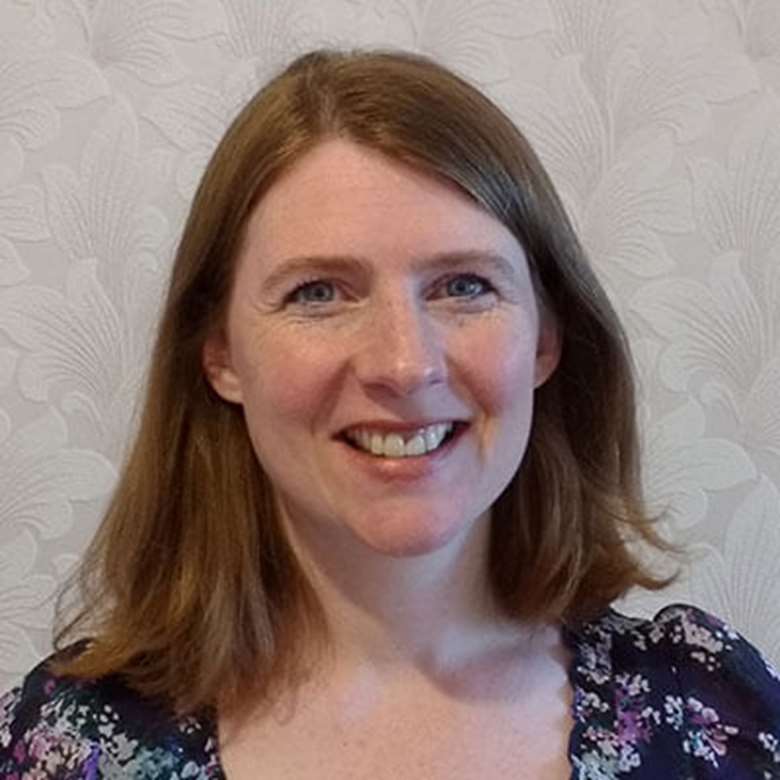The dangerous schoolification agenda
Tamsin Grimmer
Thursday, December 7, 2017
The Ofsted report Bold Beginnings reveals an ignorance of how children learn and marks another step towards the schoolification of Reception Year (YR), says early years consultant Tamsin Grimmer

The Ofsted report Bold beginnings is so disappointing! It makes very frustrating reading as it does not reinforce the amazing effective early years practice that is out there. Rather, it totally devalues the EYFS and, yet again, only talks about YR as being a preparation for Year 1.
I have written a book about school readiness, in which I argue that with no formal definition of the term, early years practitioners need to own what it means for young children. For me, school readiness is about developing the dispositions and attitudes that children need for school and life-long learning. So, the Prime Areas and the Characteristics of Effective Learning are good places to start.
Bold Beginnings refers to these in the main text, however it picks up only on findings related to literacy and numeracy, and makes recommendations only for these two areas of learning. As a result, the report adds fuel to the dangerous schoolification agenda that is creeping in to early childhood and does nothing to support the way that babies and young children learn and develop – namely, through play and exploration in a multi-sensory way.
Statements
I am particularly annoyed by the statement: 'Play was an important part of the curriculum in all of the schools visited. The headteachers knew which aspects of learning needed to be taught directly and which could be learned through play. However, except for literacy and mathematics, the schools were not clear about the time they devoted in a typical week to the different areas of learning.' (p5)
If the Reception classes visited were operating a play-based curriculum, it would naturally be very difficult to segment their day into 'subjects'. This comment, for me, epitomises a total lack of understanding about how children can learn through play and how YR operates.
In addition, the document states that, 'The leaders in these successful schools recognised that, to achieve well in subjects such as English, mathematics, science and the humanities, children need a strong foundation in the Prime areas of learning.' (p13 note 13)
This important point, however, is completely ignored in the key findings or the recommendations. The key findings and recommendations are totally reflecting the narrow school readiness agenda and the hugely inappropriate over-focus on literacy and maths.
The summaries and recommendations do not reflect all the findings in the document. Instead, they are clearly written to a different agenda and contradict previous messages we have been given from Government and Ofsted.
Bold Beginnings states one of the things that above average schools did well was 'securing
children's personal, social and emotional readiness to learn, including resilience, perseverance, concentration, the ability to listen, to take turns and to co-operate'
(p15, note 19 bullet and point 7) Again, this is acknowledging the importance of the Prime areas and the Characteristics of Effective Learning.
Expectations
The statement after this – about heightened expectations in the National Curriculum – is even worse, noting that 'These expectations also had an impact on how these children were taught, even when this did not reflect prevailing early years practice.'
My interpretation of this is that these expectations drove teachers to implement a more formal approach to learning and teaching, even when this did not reflect effective practice in the early years and teachers' understanding of how young children learn best. How sad and utterly depressing a thought!
I would like to know how many of the 'leaders' that the document keeps referring to have actually taught YR or have even a basic grounding in early years practice. It is the most directed blow against free-flow and child-initiated learning that I have read for a long time.
I feel very passionately that we in Early Childhood should stand up against opinions that are contrary to what we know is effective pedagogy. If we don't stand up for our children, who will?




